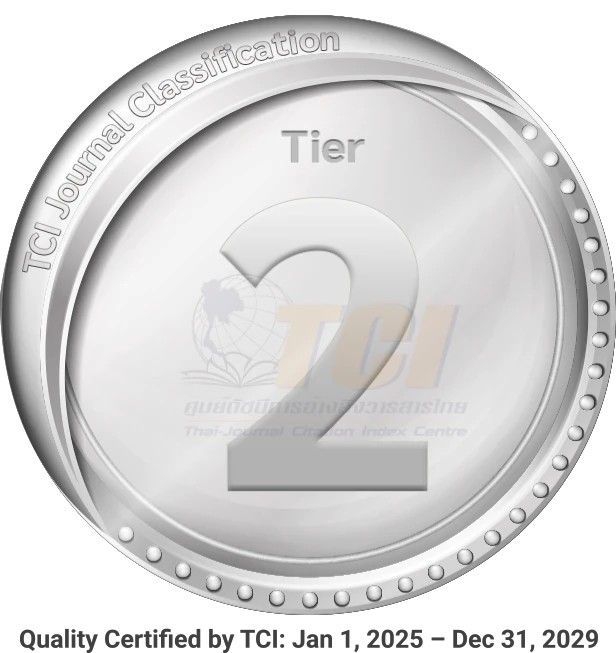Secondary School Students’ Reading Comprehension in Bhutanese History using of K.W.L Model: A Case Study of 7th Grade Bhutanese Students
Abstract
Enhancement of 7th grade students’ reading comprehension through K.W.L model brings a lot of positive changes as reading plays a pivotal role in writing, speaking and listening. This study was an attempt to examine how K.W.L model could improve 7th grade Bhutanese students’ reading comprehension and learning satisfaction from it in teaching Bhutanese history. A total of 30 7th grade students from a school in Bhutan took part in this study. The research instruments were lesson plans, reading comprehension test, questionnaires, and students’ reflective journals. Result of the reading comprehension test score analysis revealed that the posttest mean of the sample group was significantly higher than the pretest means in terms of reading comprehension. The p<0.05 level of significance was 0.01. Likewise, a score of 4.55 (agree) and 4.09 (strongly agree) on Likert scale indicated that they were satisfied with the use of K.W.L model. On the other hand,
the qualitative data which were collected through students’ reflective journal was examined using coding system. This too revealed high level of satisfaction in using K.W.L model in teaching Bhutanese history. The result of the study implied that K.W.L model is effective for teaching 7th
grade Bhutanese history and should be further investigated in future to see if it had the huge impact on reading comprehension.



